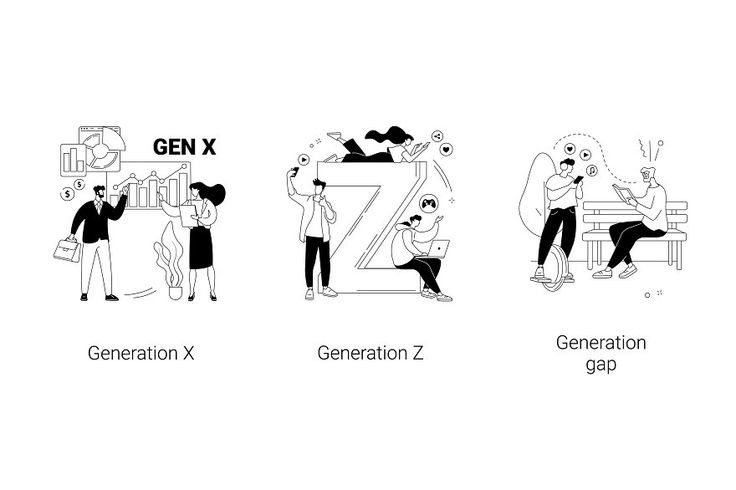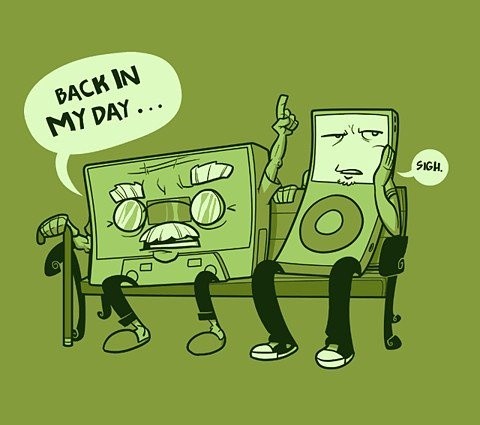In today’s diverse and interconnected world, effective communication is crucial for success, both in personal relationships and the workplace. However, as individuals from different generations come together, they often encounter unique challenges in understanding one another. This generational gap is particularly evident when it comes to communication between Millennials, Gen Z, and Baby Boomers. Each of these generations has distinct communication styles, preferences, and values.
To foster harmony and productivity in workplaces and society at large, it’s essential to bridge this gap and promote better understanding among generations.

Understanding the Generations
- Baby Boomers (born 1946-1964): Baby Boomers grew up in a world that experienced significant social and technological changes. They tend to value face-to-face communication, formal writing, and hierarchical structures. Many Baby Boomers prefer in-person meetings, phone calls, and formal letters or emails.
- Millennials (born 1981-1996): Millennials came of age during the rapid expansion of the internet and the proliferation of smartphones. They value flexibility, instant communication, and work-life balance. Texting, social media, and video chats are common communication tools for Millennials.
- Gen Z (born 1997-2012): Gen Z is the first generation to grow up entirely in the digital age, with smartphones and social media as integral parts of their lives. They are tech-savvy, prefer short and visually engaging content, and value authenticity and inclusivity in communication.
Challenges in Communication
- Technology Divide: The most evident difference lies in technology adoption and proficiency. Baby Boomers may feel overwhelmed by the rapid evolution of digital tools, while Millennials and Gen Z take these technologies for granted. This gap can lead to misunderstandings and frustration.
- Communication Styles: Baby Boomers tend to value formal language and structured communication, while younger generations lean towards informal and concise messaging. This mismatch can lead to misinterpretation and a lack of engagement.
- Work Expectations: Millennials and Gen Z often seek flexibility and personal growth opportunities in the workplace. Baby Boomers may prioritize job stability and traditional career advancement, leading to potential conflict regarding work expectations and values.
Bridging the Gap
- Embrace Multigenerational Teams: Organizations can promote collaboration by intentionally forming teams with members from different generations. This diversity can help team members learn from one another and appreciate different communication styles.
- Training and Education: Employers should provide training programs that help employees of all generations improve their digital literacy. Baby Boomers can learn about social media, while younger generations can benefit from understanding formal communication protocols.
- Open Communication: Encourage open dialogue among team members to discuss communication preferences and expectations. This can lead to a better understanding of each generation’s unique perspective and create a more inclusive work environment.
- Mentorship Programs: Establish mentorship programs that pair employees from different generations. This allows for the exchange of knowledge, skills, and insights, fostering mutual understanding and respect.
- Flexibility and Adaptability: Recognize that effective communication doesn’t mean adopting one style for all. Encourage adaptability in communication, where employees are comfortable switching between formal and informal styles as needed.
- Active Listening: Promote active listening skills in all employees. Encourage them to listen without judgment and seek clarification when needed. This can reduce misunderstandings and enhance teamwork.

By understanding each generation’s unique characteristics and preferences and by fostering open dialogue, organizations and individuals can create an environment where all generations can collaborate effectively, learn from one another, and thrive together.



